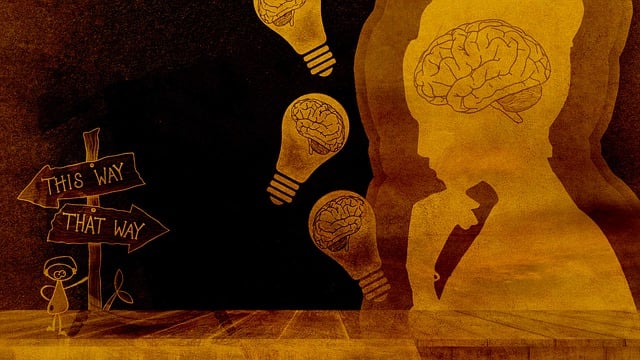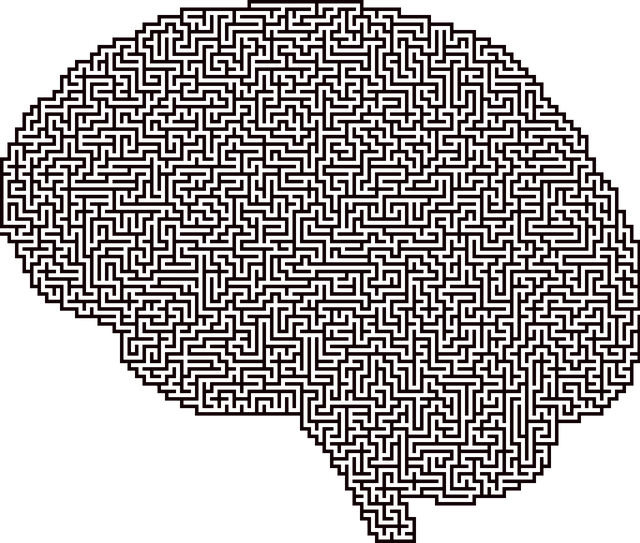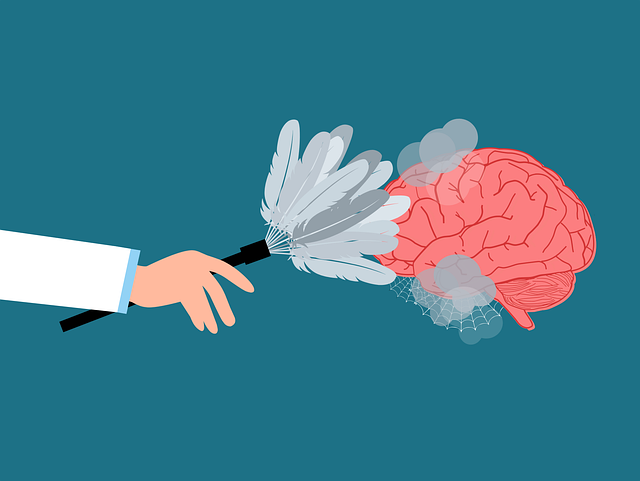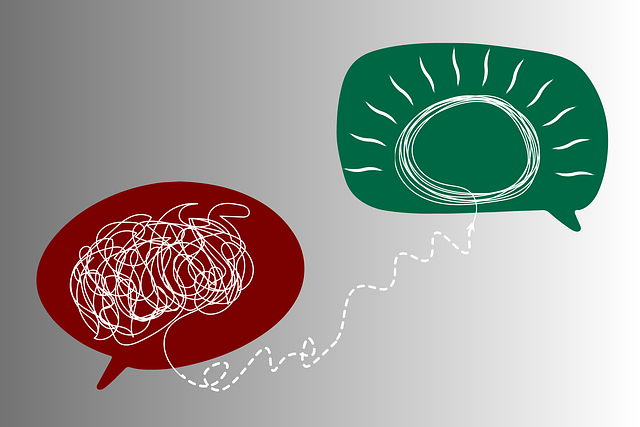Castle Rock Depression Therapy (CRDT) is a holistic approach combining cognitive-behavioral techniques, mindfulness practices, and social support to address depression and anxiety. The Stress Management Workshops Organization plays a key role in spreading CRDT through workshops teaching communication strategies, resilience-building skills, and practical coping tools. Using the RFM framework (Resilience, Flexibility, Mastery), CRDT equips individuals with mental tools to adapt to challenges and bounce back from setbacks. Tailored programs include cognitive reframing, mindfulness practices, and stress management workshops, fostering anxiety relief, emotional regulation, and balanced perspectives. Measuring success through clear goals and regular assessments allows therapists to refine strategies for improved mental health outcomes.
Discover the transformative power of Castle Rock Depression Therapy through its innovative approach to resilience building. This article explores how RFM (Resilience, Flexibility, and Mastery) techniques play a pivotal role in enhancing mental well-being. We delve into designing tailored training programs, effective implementation strategies for clinical settings, and measuring success. By integrating RFM, individuals can develop lasting resilience, fostering coping mechanisms to navigate life’s challenges with enhanced flexibility and control.
- Understanding Castle Rock Depression Therapy: An Overview
- The Role of RFM in Resilience Building Exercises
- Designing Effective Resilience Training Programs
- Implementing RFM Strategies in Clinical Settings
- Measuring Success and Continuous Improvement
Understanding Castle Rock Depression Therapy: An Overview

Castle Rock Depression Therapy (CRDT) is a unique approach designed to help individuals and communities navigate and overcome depression and anxiety. This therapy model emphasizes the importance of understanding and managing emotional states, especially in stressful times. CRDT incorporates various strategies, such as cognitive-behavioral techniques, mindfulness practices, and social support networks, to foster resilience and promote well-being.
The Stress Management Workshops Organization plays a vital role in disseminating these therapeutic methods. By hosting workshops and training sessions, they enable participants to learn effective communication strategies and resilience-building skills. These workshops empower individuals to take charge of their mental health, offering practical tools to cope with life’s challenges. Through interactive activities and group discussions, CRDT encourages self-awareness, emotional regulation, and the development of positive coping mechanisms, ultimately enhancing overall resilience.
The Role of RFM in Resilience Building Exercises

Resilience building exercises play a pivotal role in fostering mental wellness and enhancing an individual’s ability to navigate life’s challenges. These exercises, often tailored to suit various age groups and backgrounds, are designed to strengthen one’s psychological fortitude. At Castle Rock Depression Therapy, we recognize that building resilience is akin to constructing a robust castle, where each exercise is a stone carefully placed to create a protective structure against the storms of life.
The RFM (Resilience, Flexibility, and Mastery) framework serves as a powerful tool in this process. By focusing on these key aspects, individuals learn to adapt and bounce back from setbacks. Mental wellness becomes more achievable when one cultivates flexibility in thinking and embraces strategies like mindfulness meditation. Additionally, effective communication skills, another aspect we emphasize, empower individuals to express their feelings and seek support when needed. Through RFM-based exercises, folks gain valuable tools to transform challenges into opportunities for growth, ensuring they can dance through life’s complexities with grace and resilience.
Designing Effective Resilience Training Programs

Effective resilience training programs are meticulously designed to equip individuals with the tools they need to navigate life’s challenges. These programs, akin to building blocks, foster a sense of strength and adaptability in the face of adversity. At Castle Rock Depression Therapy, we understand that resilience is not an innate trait but a skill that can be cultivated. Our specialists work closely with participants to identify areas of vulnerability and tailor exercises that promote mental fortitude.
Through interactive sessions, we incorporate various techniques such as cognitive reframing, mindfulness practices, and stress management workshops organization. These strategies empower individuals to challenge negative thought patterns, regulate emotions, and maintain a balanced perspective even during difficult times. By fostering anxiety relief and enhancing overall well-being, our programs aim to create a resilient mindset that is applicable both personally and professionally.
Implementing RFM Strategies in Clinical Settings

Implementing RFM (Resilience, Flexibility, and Mastery) strategies in clinical settings offers a transformative approach to patient care, especially for those dealing with mental health challenges such as Castle Rock Depression Therapy. These strategies are designed to enhance individuals’ ability to navigate life’s complexities, fostering resilience against adverse events. Through structured exercises focusing on self-awareness, clients develop skills to manage stress and adversity, ultimately improving their overall well-being.
Healthcare providers play a pivotal role in integrating RFM into clinical practice by incorporating Self-Awareness Exercises and Trauma Support Services tailored to individual patient needs. Additionally, Healthcare Provider Cultural Competency Training ensures that therapists are equipped to address diverse cultural perspectives, making therapy more inclusive and effective. This comprehensive approach not only empowers patients but also strengthens the therapeutic bond, leading to better outcomes in mental health treatment.
Measuring Success and Continuous Improvement

Measuring success is a critical component of any resilience-building program, especially when considering Castle Rock Depression Therapy methodologies. By setting clear goals and implementing regular assessments, therapists can gauge the effectiveness of exercises tailored to enhance emotional intelligence and regulation. These metrics allow for continuous improvement in treatment strategies, ensuring that each session builds upon the last, fostering better mental health outcomes.
Through ongoing evaluation, professionals can identify areas where clients may struggle or excel, enabling them to adapt their approaches accordingly. This dynamic process promotes personalized therapy, addressing unique challenges related to burnout prevention and emotional resilience. By combining quantitative data with qualitative feedback, therapists can create a supportive environment that encourages growth and adaptation, ultimately enhancing the overall success of Castle Rock Depression Therapy interventions.
Castle Rock Depression Therapy (CRDT) offers a unique approach to treating mental health issues by combining evidence-based practices with resilience-building exercises. The RFM (Recall, Feel, Move) model plays a pivotal role in CRDT, providing a structured framework for clinical interventions. By integrating RFM strategies into resilience training programs, therapists can effectively design and implement comprehensive treatments. This article has explored the key components of RFM, its application in various settings, and the importance of measuring success to ensure continuous improvement. Embracing these techniques allows professionals to empower individuals with the tools needed to navigate life’s challenges, fostering long-term resilience and well-being.














